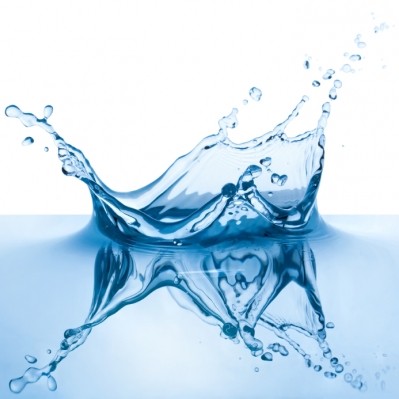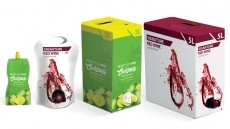New FDA bottled water rules to combat E. coli
From December 1, all manufacturers must test source water for the germs each week as is currently required for finished bottled water products. If tests prove positive for E. coli, companies must explain in writing how they eliminated the bacteria and retest samples before use.
According to a notice posted on the Food and Drug Administration (FDA) website: “Bottled water containing E. coli will be considered adulterated, and source water containing E. coli will not be considered to be of a safe, sanitary quality and will be prohibited from use in the production of bottled water.”
Fecal Contamination
The new rules also require manufacturers to test source water for coliforms, a group of mainly harmless bacteria. If coliforms are found, companies must also test for fecal contamination. Although bottled water is already tested for coliform and fecal contamination, the new rules require the water source itself to be tested.
First suggested last September, the new bottled water rules were developed to meet 2006 US Environmental Protection Agency (EPA) standards for public drinking water.
The FDA received 19 responses to its proposals from trade associations,
industry, a law firm, an environmental advocacy organization, and consumers. “The comments generally supported the proposed rule,” said the FDA.
Between 70 per cent to 75 per cent of bottled water comes from the ground; the same source where consumers receive tap water, said the FDA.
The value of the US bottled water industry is estimated at $11bn.
Fatal infections
E. coli infection is an indicator of fecal contamination and can cause stomach cramps, diarrhea or potentially fatal infections.
The US Centers for Disease Control and Prevention notes on its website that: “Experts think that there may be about 70,000 infections with E. coli O157 each year in the United States. We can only estimate because we know that many infected people do not seek medical care, many do not submit a stool specimen for testing, and many labs do not test for STEC (Shiga toxin-producing E. coli).
“We think that a similar number of persons have diarrhea caused by non-O157 STEC. Many labs do not identify non-O157 STEC infection because it takes even more work than identifying E. coli O157.”









